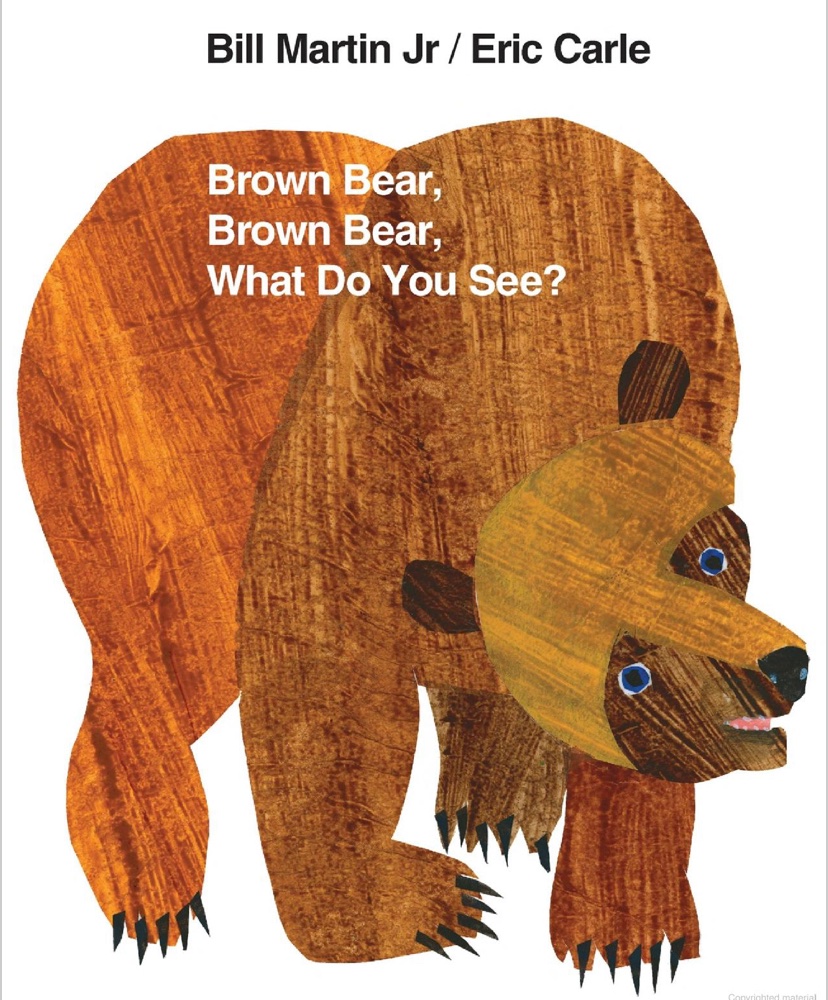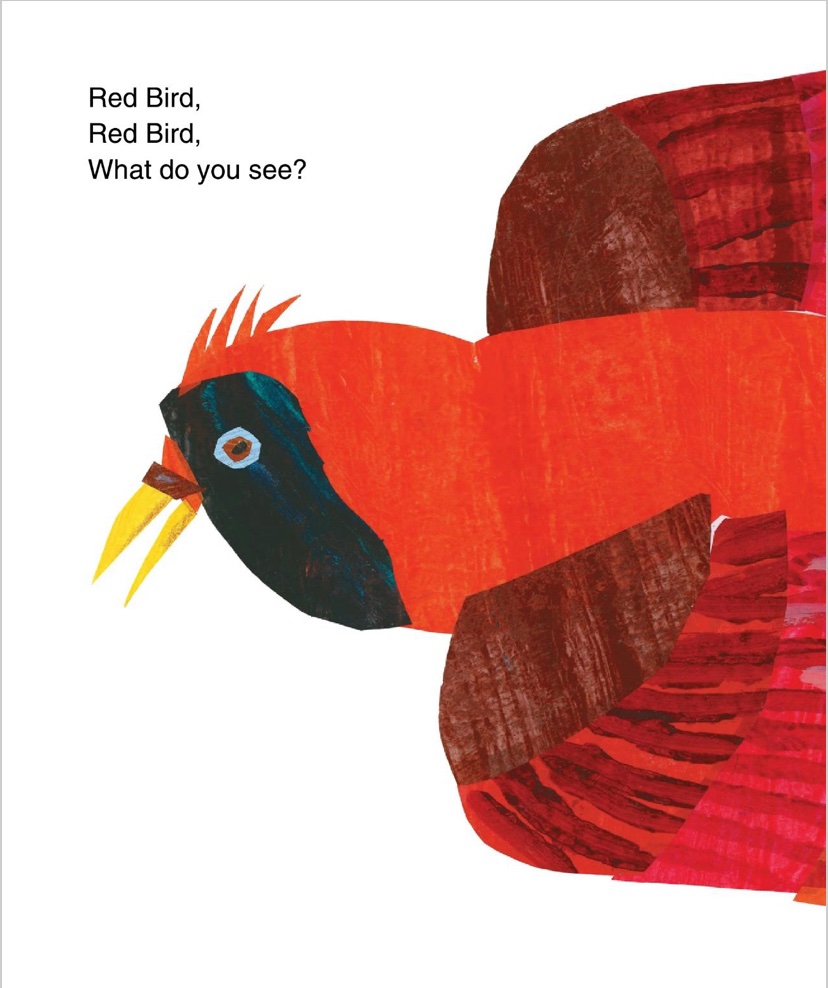
A judge should be “neutral” when hearing a case, and “one-sided” upon issuing a ruling.
Neutrality is only a vice when it’s time to decide. But it’s a virtue before making a decision.
Neutrality is only a vice when it’s time to decide. But it’s a virtue before making a decision.
The best way to think about critics of “neutrality” is that they’re saying, “It’s time to decide already.”
The best way to think about defenders is is that they’re saying, “We need more time, more information, more thought, before we decide.”
One side says “stop delaying” and the other says “stop rushing.”
The debate about neutrality is mainly a debate about time.
The debate about neutrality is mainly a debate about time.
Moderates tend to think there’s more time. Activists tend to think the time is now or never.
Sociologists want to make this division mainly a function of social position. But I’m inclined to read it more psychologically and individualistically:
Anxious people tend to be anti-neutral, because stillness and patience are uncomfortable, deliberation is torture.
Calm (and sedated) people tend to be pro-neutral. “We’ll get to it when we get to it.”
Sadly, thinking of so many debates as a conflict of moods means a kind of pessimism that we could settle them through reason.
Is it really “now or never”? Not sure one can evaluate this empirically.
Is it really “now or never”? Not sure one can evaluate this empirically.
But here’s my plug for existential pluralism: knowing the answer one has is mood dependent should make one appreciate the reasonablenss of the other side.
We talk past each other when we talk about “taking a stand” and “both sidesism”. The debate isn’t about content. But time.
Always has been. (End)
Always has been. (End)
• • •
Missing some Tweet in this thread? You can try to
force a refresh





